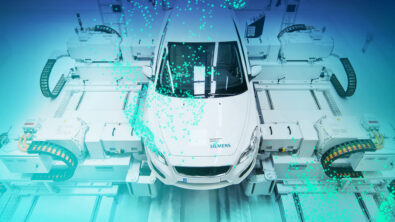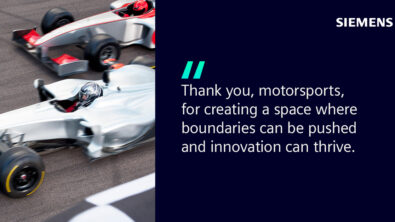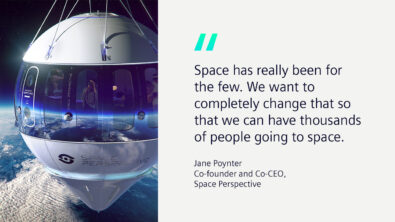Better Health and Well Being through Urban Design with Kathryn Firth, Partner FPdesign
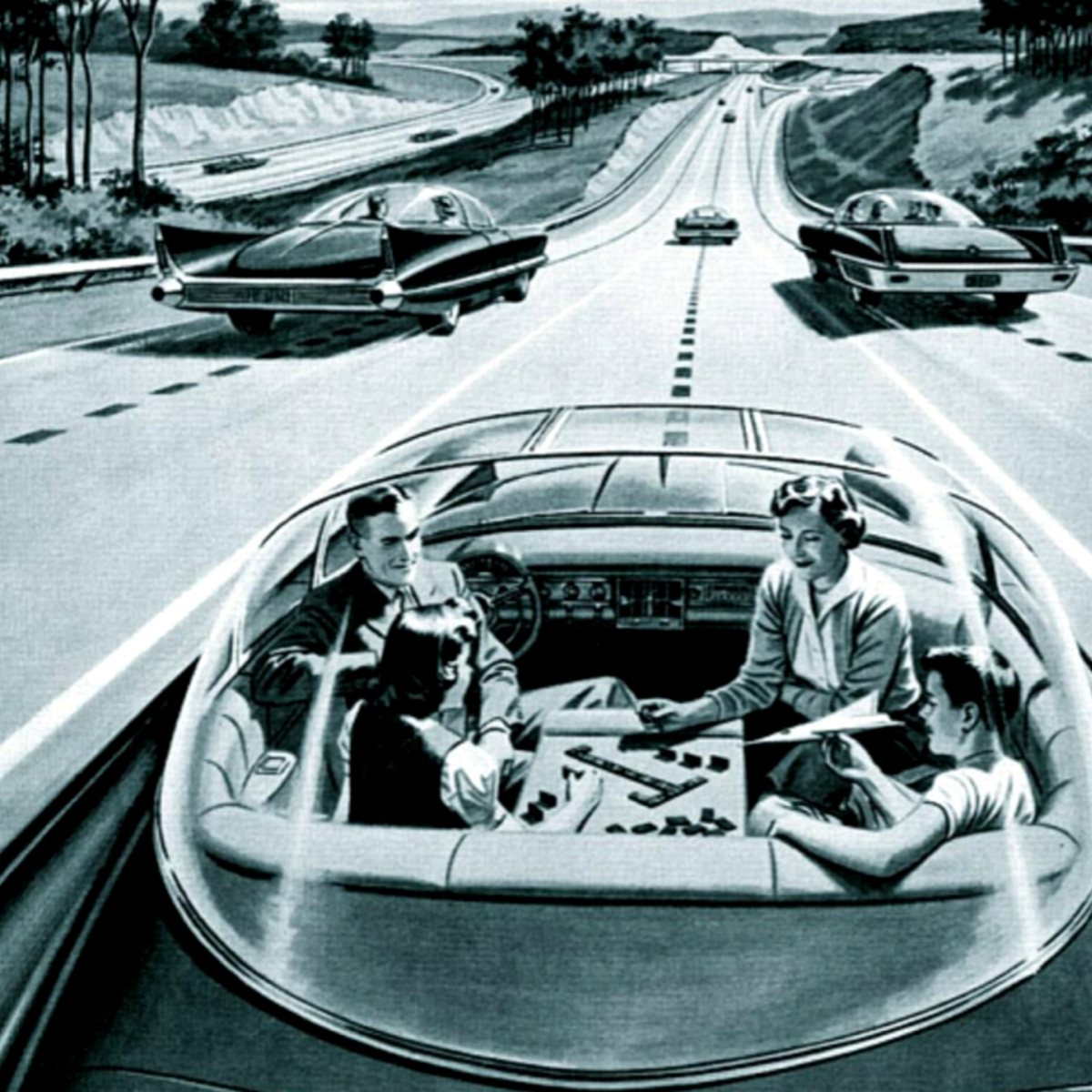
Women Driving the Future: Kathryn Firth Partner FPdesign
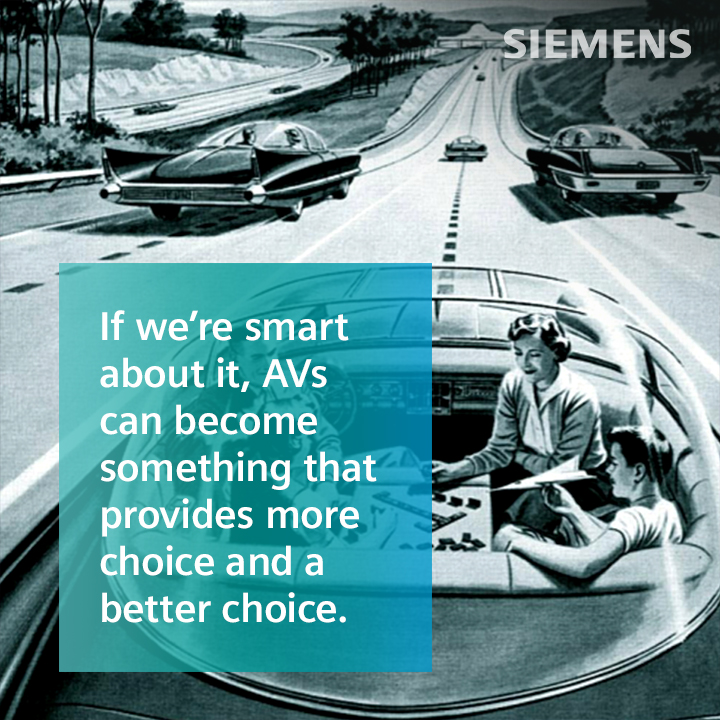
The moment you hop on the bus, the subway, or crawl into the back seat of an Uber you probably pull out your phone as it feels like a good time to catch up on emails or scroll through the news. But defaulting to your phone might be depriving you of good conversation or the chance to really observe your surroundings. Social interactions make us happier and are important for our health and well-being. Shutting off our minds and phones for a few minutes to look out the window and better understand our own neighborhoods is important for our health and well-being. While urban design hasn’t always prioritized the social pedestrian experience, it’s something that might be on the cusp of change.
In the second episode of the Women Driving the Future series, Ed Bernardon interviews Kathryn Firth, Partner at FPdesign and formerly Director of Urban Design at NBBJ Design when the podcast was recorded. Voted the most innovative architectural design firm in 2018 by Fast Company, FPdesign specializes in helping clients drive innovation by creating highly productive, sustainable spaces for people to live, learn, work, and play. Today, we’ll learn how urban design is being disrupted to create more pedestrian-friendly environments, what those environments might look like, and how they help to promote social interaction. Ultimately, these changes can make our cities friendlier, more efficient, and more sustainable.
Some Questions I Ask:
- Are there other goals beyond getting rid of the car? (6:40)
- How do you figure out the optimal combination of real estate for cars and pedestrians? (9:26)
- How do you get people to give up their cars? (11:55)
- How do you accommodate this mixing and matching of the various transportation structures? (15:40)
- What are the advantages of simultaneous design for vehicles and pedestrians? (18:47)
- How can we redesign vehicles, so that they’re more efficient, more enjoyable? (24:12)
What You’ll Learn in this Episode:
- What has earned them so much international recognition for innovation (0:40)
- Why prioritizing pedestrians and cyclists makes better cities (3:08)
- Why the efficiency of public transportation is the key to pedestrian-friendly areas (12:23)
- How intentional human-centered design is good for company culture (19:53)
- Why creating positive catalysts for socialization on public transportation can enhance the experience and decrease stress (23:02)
- Why underground transportation misses a valuable opportunity (25:55)
- How the “last mile” factors in to transportation decision making (32:59)
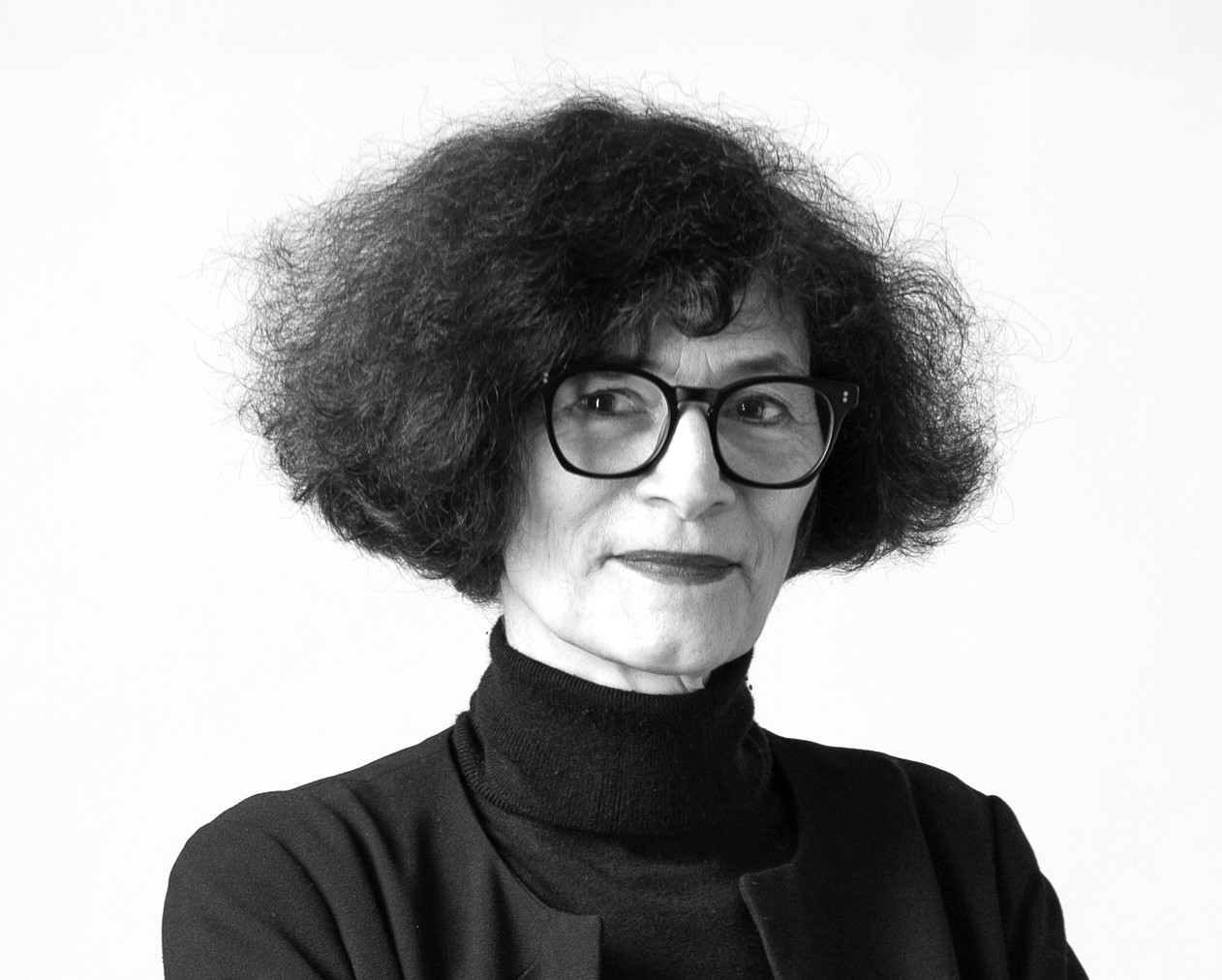
Kathryn Firth, Partner FP Design – Guest
Kartryn Firth is an architect and urban designer with over 25 years of experience, She has worked on master planning and urban regeneration projects in the US, Europe, Middle East and UK. She has been involved in research projects that inform both practice and policy such as, the spatial and social dynamics of streets and public spaces; urban density and neighborhood perception. She attained her Bachelor of Architecture in Toronto where she practiced for a decade, before doing a Masters of Architecture in Urban Design at Harvard’s Graduate School of Design. Kathryn has taught at universities in North America and UK and ran the MSc City Design and Social Science at the LSE Cities Program.

Ed Bernardon, Vice President Strategic Automotive Initiatives – Host
Ed is currently VP Strategic Automotive Initiatives at Siemens Digital Industries Software. Responsibilities include strategic planning and business development in areas of design of autonomous/connected vehicles, lightweight automotive structures and interiors. He is also responsible for Future Car thought leadership which includes hosting the Future Car Podcast and development of cross divisional projects. Previously he was a founding member of VISTAGY that developed light-weight structure and automotive interior design software acquired by Siemens in 2011, he previously directed the Automation and Design Technology Group at MIT Draper Laboratory. Ed holds an M.S. in mechanical engineering from MIT, B.S. in mechanical engineering from Purdue, and MBA from Butler.
If you like this Podcast, you might also like:
- The End of Parking As We Know It with Anuja Sonalker CEO STEER Tech
- Government’s Role in Shaping Our Driverless Future with Dan Sullivan MassDOT
- From James Bond to the Future of Our Cities – Frank M. Rinderknecht, CEO Rinspeed, Makes Your Imagination Reality
- Building an Autonomous Future: Karl Iagnemma, CEO Motional
- Modeling, Economists and predicting the “New Normal” Ashley O’Donoghue PhD Economist Beth Israel Harvard Medical Center
- Transportation During the COVID-19 Crisis Finch Fulton Assistant Secretary of Transportation
- Driving Around the World with Henri Coron CBO Navya
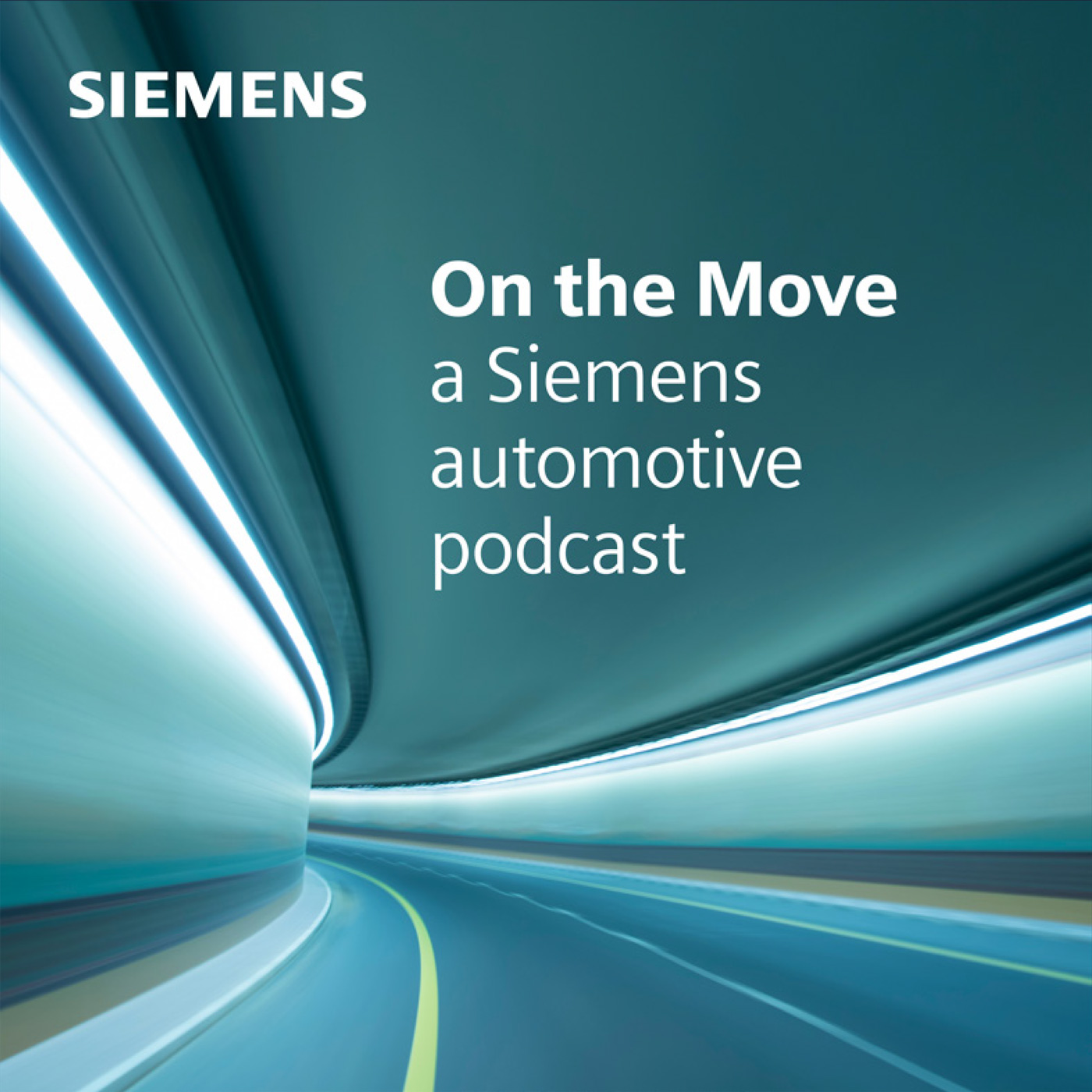
On the Move: A Siemens Automotive Podcast
The automotive and transportation industries are in the middle of a transformation in how vehicles are designed, made, and sold. Driven by an influx of new technologies, consumer demands, environmental pressures, and a changing workforce in factories and offices, automotive companies are pushing to reinvent fundamental aspects of their businesses. This includes developing more advanced and capable vehicles, identifying new revenue sources, improving customer experiences, and changing the ways in which features and functionality are built into vehicles.
Welcome to On the Move, a podcast from Siemens Digital Industries Software that will dive into the acceleration of mobility innovation amid unprecedented change in the automotive and transportation industries. Join hosts Nand Kochhar, VP of Automotive and Transportation, and Conor Peick, Automotive and Transportation Writer, as they dive into the shifting automotive landscape with expert guests from Siemens and around the industry. Tune in to learn about modern automotive design and engineering challenges, how software and electronics have grown in use and importance, and where the industries might be heading in the future.
